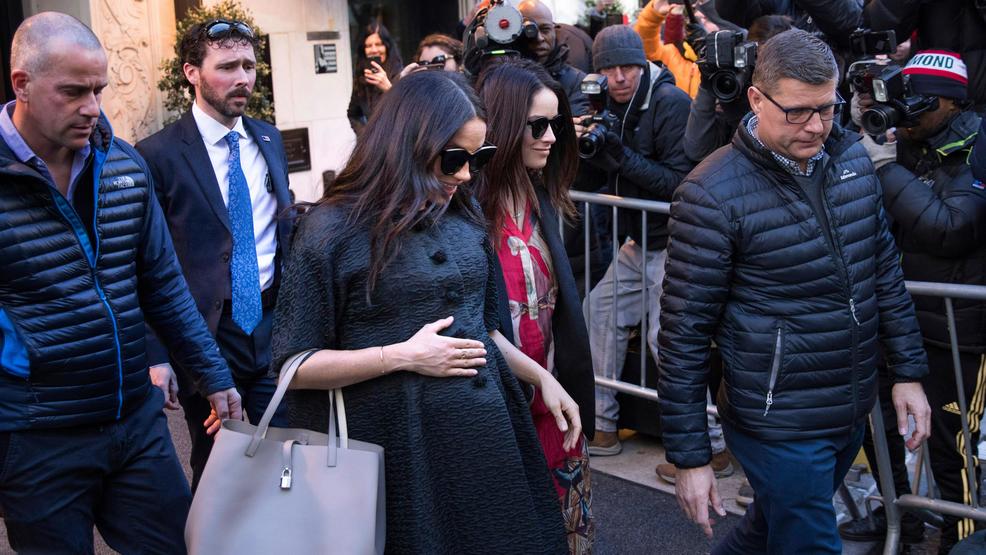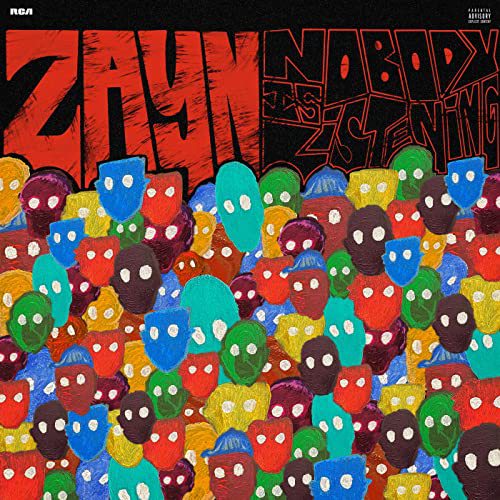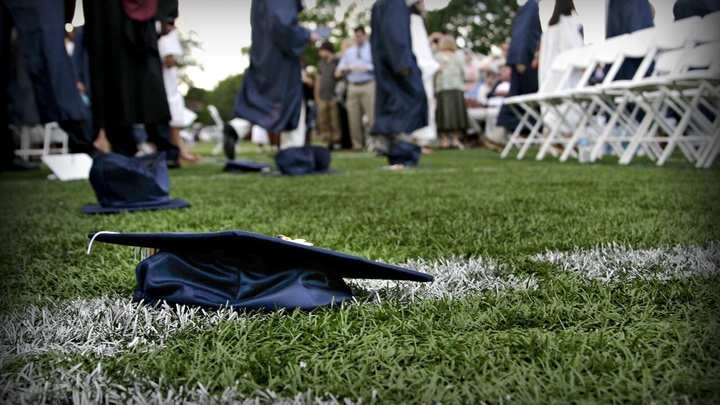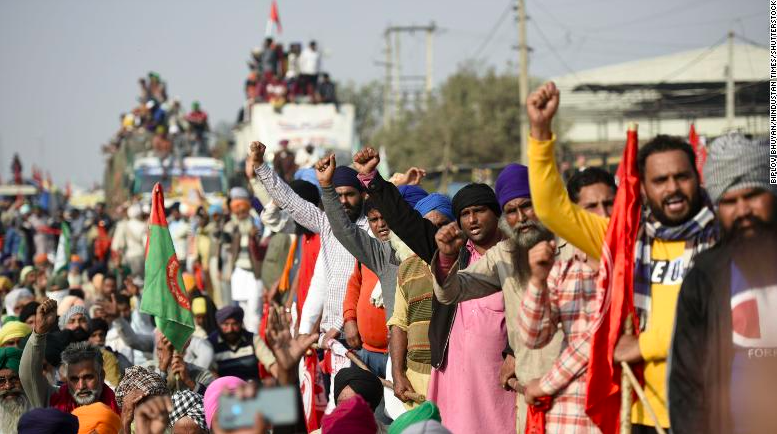On Oct. 15, 2018, Kensington Palace announced that Prince Harry and Meghan Markle are expecting their first child, due in Spring 2019. The announcement was shadowed by controversy, because many news outlets reported that the royal couple told their family the news at Princess Eugenie and Jack Brookbank’s wedding.
Many Brits thought that the timing of the announcement was very disrespectful, saying that it took the spotlight away from the wedding. However, according to Harpar’s Bazaar, most of the members of the royal family knew about the pregnancy before the wedding, but hadn’t seen the Sussexes in person until Friday. So, it became the first time that members of the royal family could congratulate them in person. Royal commentator Emily Nash said that it’s believed that Meghan is approximately 12 weeks pregnant.
The royal family has strict rules about how the titles that different members of the family can hold. The new baby will not be titled prince or princess. According to the New York Times, because of a 1917 decree by King George V, the great-grandchildren of the sovereign would not be called princes or princess, with one exception: the eldest male descendant in the direct male line. This would refer to Prince William’s first child, Prince George. Queen Elizabeth revised that rule in 2012, to give that title to all of the Duke and Duchess of Cambridge’s children, so George’s siblings are Princess Charlotte and Prince Louis. Unless the queen makes a similar change on their behalf, any children of Prince Harry and Ms. Markle’s will be titled Earl or Lady.
Getting the throne would take some time for the young prince. The New York Times reported that the child would be seventh in line to the British throne after, in order, Charles Prince of Wales (father of Prince Harry), Harry’s older brother, Prince William, the Duke of Cambridge; the three young children of William and his wife, Catherine, the Duchess of Cambridge and Harry himself.
There is some speculation about the political implications that the pregnancy could have for the royal family and how it could impact British-American relations. Ted Powell, author of “Edward VII: An American Life” told Express, “The American connection, and in particular Meghan’s African-American heritage, will be key to their future. Both parents will want their children to remain grounded in that reality.”.He also said, “As well as the American ties, Henry and Meghan will share their commitment to their work in Africa.” When asked about the potential implications of Meghan’s pregnancy, freshman psychology major Kyaw Htet said, “I hope she is ready to face the challenges of raising a child in the royal family.”
The royal family also has strict protocol when it comes to how a royal will behave during their pregnancy. According to the Reader’s Digest, these are a few of the most interesting rules. There are no gender-reveal festivities. The royal must not reveal the gender to the public in advance of the birth. Meghan and Prince Harry also cannot have a baby shower: The purpose of a baby shower is to “shower” the expectant mother with useful gifts she can use once her baby is born. To shower an expectant royal as such would be considered “bad taste.”
Of course, The Queen must know about the birth first. When a royal baby is born, the Queen must be notified first and must learn all the details of the royal baby before any information goes public. If the baby is born before 8 a.m., the Queen must not be woken.
Kevin, an undecided freshman, said, “Congrats to the family, I think their baby will be so cute!” Congratulations to the royal family! We wish Meghan Markle a successful and healthy pregnancy!
Latest from Blog
Queens College students will be casting their votes for 2025–2026 Student Association president between Apr. 6th
Queens residents are likely familiar with the 7 Train, the E, F, and R — a
TEDxCUNY will be hosting their 8th annual conference under the theme “FAST TRACK” in the Gerald
The Office of Governor Kathy Hochul published new data regarding the recently implemented congestion pricing in
On Saturday, March 8th, SEEK students and faculty from a multitude of CUNY schools attended the














